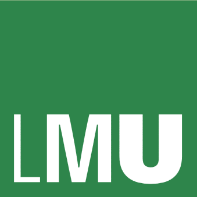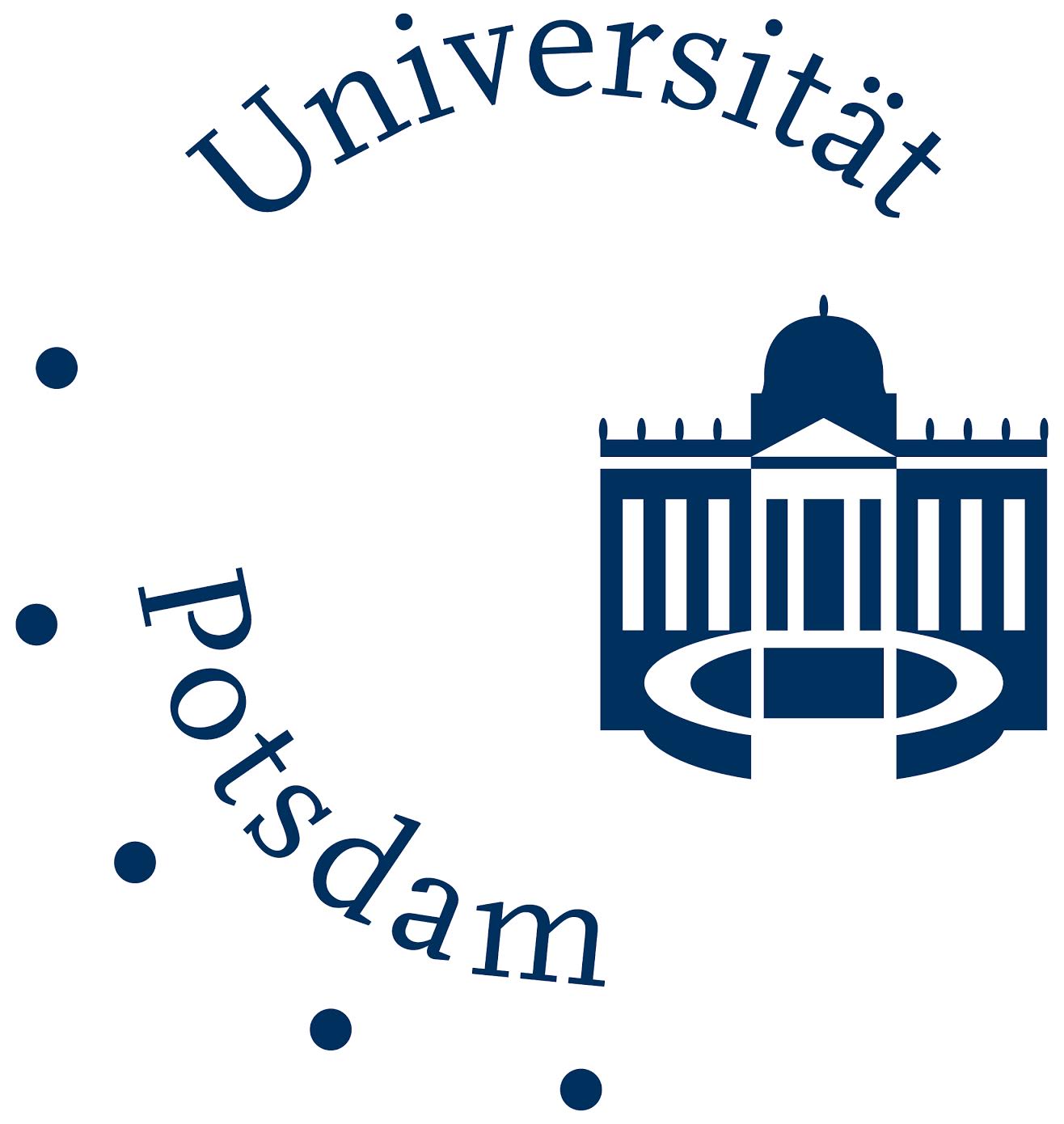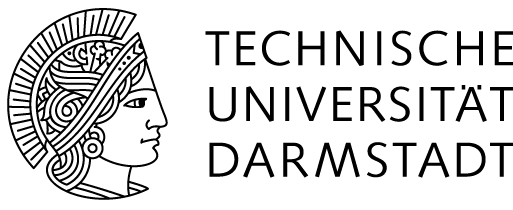International public administrations as policy experts (Expertise)
International bureaucracies are analysed as actors with independent influence and more precisely as agents of non-hierarchical policy transfers. If states do voluntarily follow the advice of international bureaucracies, for example by adopting policies, establishing administrative arrangements or creating institutions, this is best captured as successful and voluntary policy transfers from international bureaucracies to states. Policy transfer is typically understood as process in which knowledge about policies, administrative arrangements or institutions from one organisation is used in the development of policies, administrative arrangements or institutions in another organisation. Thus, the underlying, more general question is whether and to what effect international bureaucracies act as agents of policy transfer and contribute to national and international governance without the use of hierarchical means, namely legal means (e.g. the enforcement of collectively binding agreements) or coercive means (e.g. conditionality).
These questions bring together different theoretical and analytical lenses in the study of international bureaucracies and policy transfer and are derived from three insights in related research. First of all, research on international bureaucracies revealed that they can be conceptualised as actors with independent influence and suggested that they also impact on domestic policymaking. Moreover, this research regards expert authority as major source of their independent influence. Second, research on policy transfer and diffusion showed that international organisations are important agents of non-hierarchical policy transfers and that policy transfer and diffusion can be used by global governance actors in order to coordinate domestic policies. Third, the research in the first phase of the research group revealed that attributions of expert authority vary across international bureaucracies, policy areas and states. The latter finding in combination with the other findings begged the question whether cross-national variations in attributions of expert authority to international bureaucracies affect their effects as agents of non-hierarchical policy transfers.
The research design is x-centred and combines quantitative and qualitative research methods in the comparative analysis of the OECD and the World Bank and their activities in financial and agricultural policy. In the first of the three interrelated analytical phases, the project employ statistical analysis and measure the effects of (varying levels of) expert authority on access of international bureaucracies to national policy-makers, because this may be the first step in a causal pathway from expert authority to successful policy transfer. In the second phase, the project will use a survey and cross-case comparisons in order to identify the extent to and conditions under which expert authority facilitates policy transfers. In the third phase, process-tracing case studies in four countries will be used in order to study causal mechanisms of policy transfers by international bureaucracies.
From an academic perspective, this research contributes in several ways to three research strands. It contributes to the study of international organisations 1) by directing the attention to international bureaucracies as holders of authority within international organisations, 2) by focusing on expert authority as specific authority type, and 3) by focusing on consequences of expert authority. It contributes to the study of international bureaucracies by 1) by directing the attention to their influence on domestic policymaking, and 2) by singling out expert authority as potential source of their independent influence. Finally, it contributes to research on international organisations as agents of policy transfer 1) by singling out the role of international bureaucracies and their contribution to policy transfers, and 2) by assessing and accounting for the consequences of their expert authority on their potential to act as agents of policy transfers. Overall, this research may improve and further differentiate our understanding of the influence and effects of international bureaucracies.
From a policy perspective, this research may contribute to a better understanding of the potential of international bureaucracies to create international order through voluntary policy transfers. For example, if international bureaucracies are successful in transferring policies to a greater number of states, the sum of individual and voluntary adoptions may cumulate to international order in the sense of cross-national policy clusters and prepare the ground for collectively binding international agreements. These possible effects may be a welcome complement to international governance in times when other modes of international governance, such as multilateral negotiations on collectively binding decisions, are deadlocked or (doomed to) fail, or in case of conditionality are increasingly contested and challenged.
Team
| Prof. Dr. Andrea Liese | Project co-head |
| Dr. Per-Olof Busch | Project co-head |
| Mathies Kempken | Researcher |
| Mirko Heinzel | Researcher |
Link
http://www.uni-potsdam.de/en/





